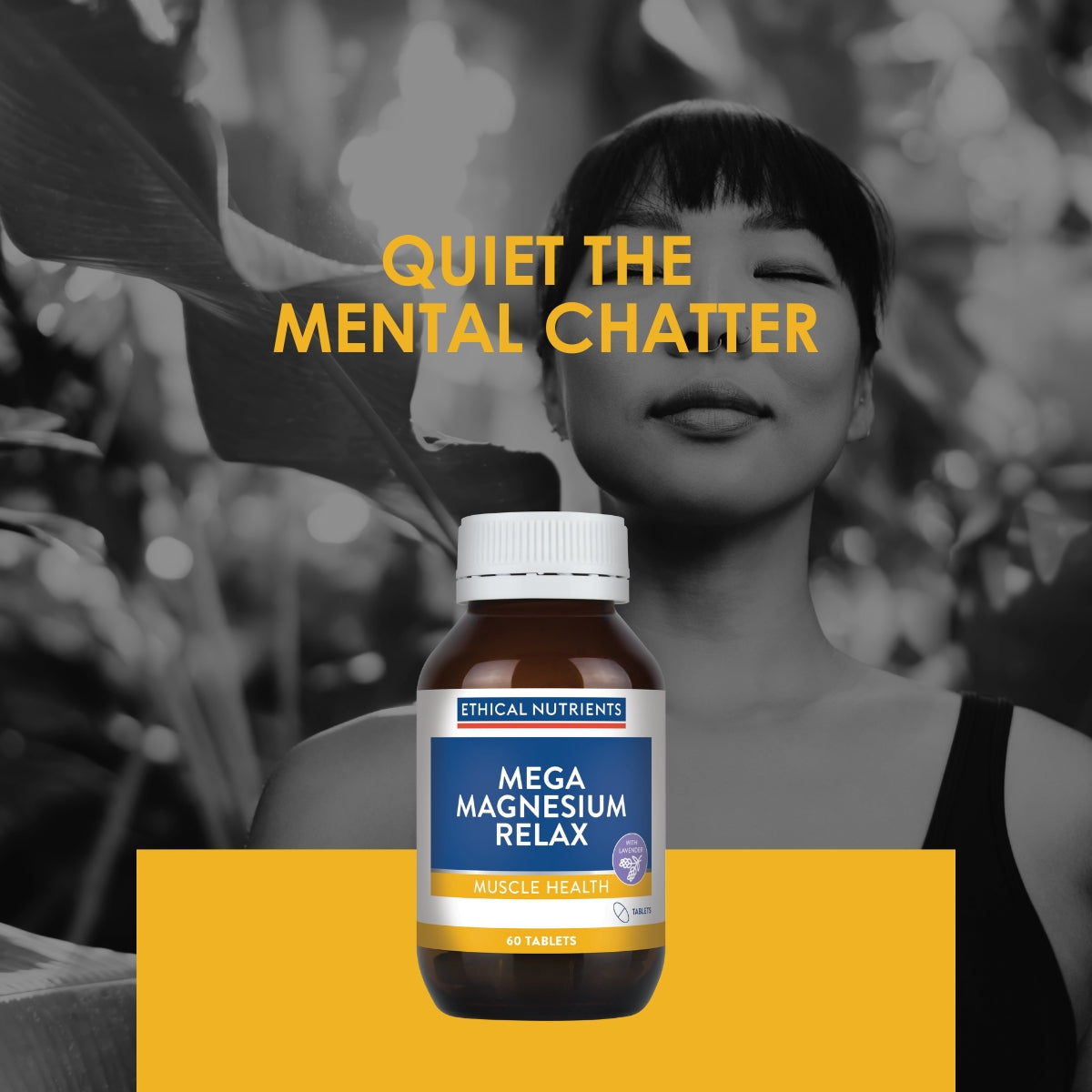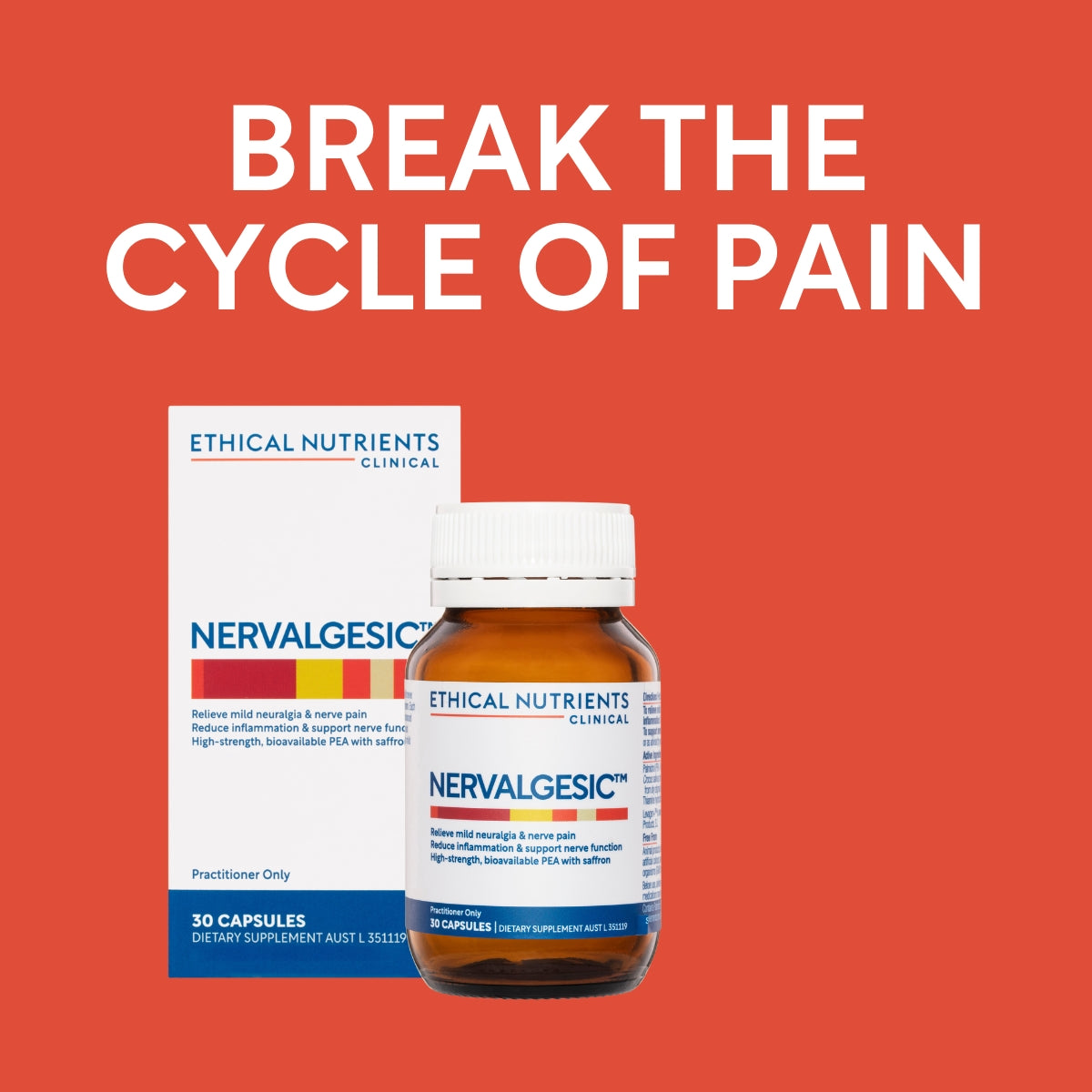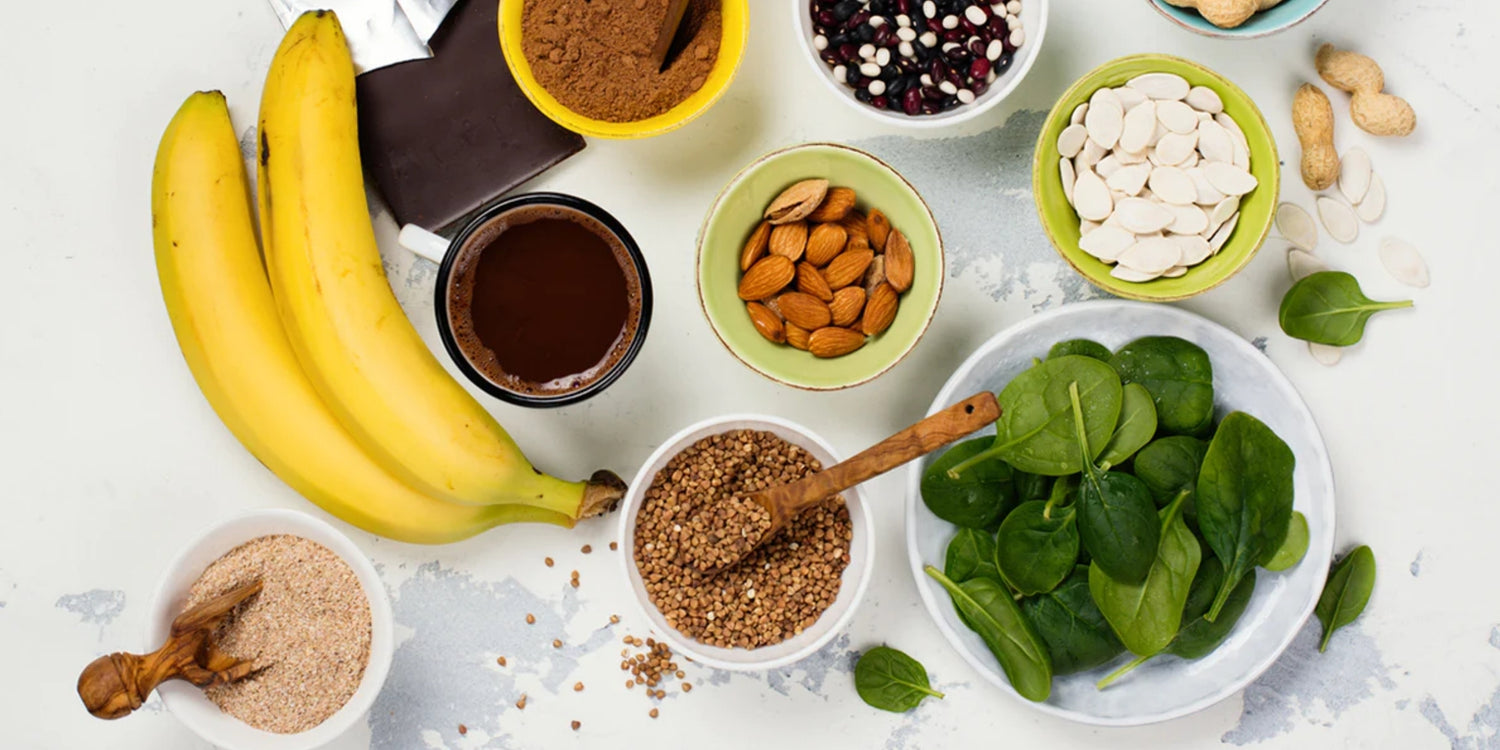Magnesium. What’s all the hype about?
Magnesium is an essential mineral that plays a variety of important roles in the body ranging from energy production to supporting normal healthy muscle function. Magnesium helps ‘fuel your tank’, getting you moving and achieving your tasks for the day. Many people may be magnesium deficient and this is thought to be due to less magnesium-rich foods in the everyday Western diet.1 Magnesium through supplementation can help you keep the energy flowing when you are stressed and help support muscular aches, pains, cramps and spasms - which is why it has become one of the most popular supplements available.
There are so many products available. What’s the difference?
Magnesium supplements can differ greatly so it's important to consider the following when you choose a product:
-
The form of magnesium found in the product
Firstly, the form of magnesium is of utmost importance as it determines how well it will be absorbed by the body and adequate absorption is crucial to the results you can expect to achieve. Magnesium diglycinate is the most easily absorbed form, when compared to other forms such as magnesium dioxide. -
The dose of magnesium
Secondly, in order to get the most out of your magnesium supplement it needs to provide a therapeutic dose. A few pinches of magnesium is immensely different to a therapeutic dose and is unlikely to produce the desired effect when it comes to supporting your energy levels or muscle health. Look for high strength magnesium of 600mg per daily dose. -
The quality of the magnesium and overall product
Finally, it’s important to choose a high quality magnesium product. At Ethical Nutrients all ingredients undergo extensive quality testing before, during and after manufacture at the onsite laboratory in Brisbane, Australia. This ensures you receive a reliable product from the start and right through to the final dose.
What’s wrong with poorly absorbed forms of Magnesium?
Magnesium comes in different forms, however they are not all equal. Poorly absorbed forms of magnesium have a couple of major drawbacks – not only are they less likely to offer the health benefit you are looking for but they can also cause digestive upset. For example - salt forms of magnesium such as magnesium oxide and magnesium citrate can draw water into the bowel, which may cause loose stools and diarrhoea.*
What makes Meta Mag® Magnesium different?
Meta Mag® Magnesium diglycinate, is a type of amino acid chelate. It has been well-established over the years that amino acid chelated forms of magnesium offer enhanced absorption. Meta Mag® is an easily absorbed form of magnesium and in fact, Meta Mag® Magnesium diglycinate has been shown to have over eight times greater absorption than magnesium oxide,2 all with less risk of the digestive upset that can occur with salt forms of magnesium. You can find Meta Mag® exclusively in all Ethical Nutrients Mega Magnesium products.
Powder or tablets, what’s better for me?
If your supplement contains an easily absorbed, therapeutic dose of magnesium, then the choice of either powder or tablets depends simply upon your personal preference. Keep your options open with the Ethical Nutrients Mega Magnesium range - we have products for muscle health, energy and stress and sleep. Choose from a delicious, easy to take Citrus or Raspberry powder, naturally sweetened with Stevia or for those who take their supplements on the run, or perhaps travel regularly, then a simple and convenient tablet option may be the one for you.
Can I get Magnesium from my diet?
A varied, fresh, whole-food diet is the foundation of good health. Maximise your magnesium intake by consuming a variety of magnesium-rich foods such as:
- Nuts and seeds – including almonds, walnuts, pecans, cashews, brazil nuts and pine nuts, and/or sunflower, pumpkin and flaxseeds;
- Green and leafy vegetables – spinach, broccoli, collard greens and kale;
- Legumes and pulses – black beans, kidney beans, white beans, edamame, chickpeas and lentils;
- Fish – mackerel, halibut, salmon and tuna;
- Fruit – bananas, blackberries, strawberries, apple, apricot, grapefruit and avocado; and
- Dairy foods – such as yoghurt.
Remember, if you need to support healthy magnesium levels for energy production, during times of stress or to help support muscle aches, cramps and spasms visit your local Pharmacy or Health Food store.
References
- Saris N, et al. Magnesium – An update on physiological, clinical and analytical aspects. Clinica Chimica Acta. 2000;294:1-26.
- Graff D. Bioavailability of magnesium chelazome® Albion®. Research Notes. 2000;9(1):2-3.
*Albion human Nutrition - Magnesium widespread benefits. Albion research notes Vol. 1 NO.2 September 1992.





